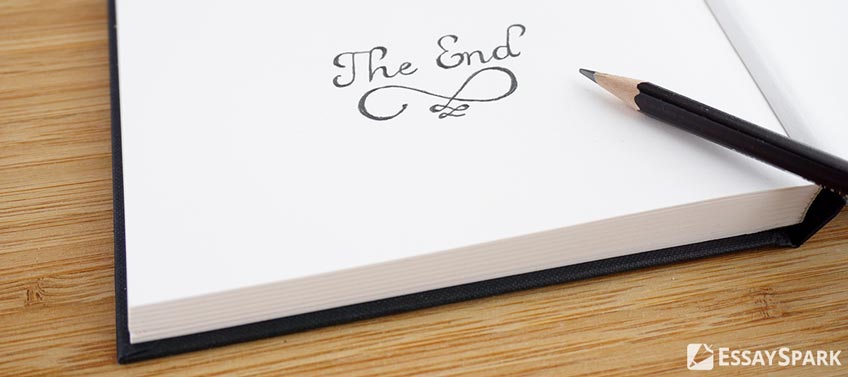
It indeed could be considered an art form. It is no secret that sometimes professors are too lazy to carefully immerse themselves in all the text, and just rapidly look through your work instead. While they always pay extra special attention to your conclusions, as it is the succinct explanation of your whole project. Not everyone is skilled enough to compose a great summary of their work, especially if they worked hard on it and want to include all the details in the conclusive part. Here is how to master the art of composing essay conclusions.
Summarize Key Points
An advice that you have probably encountered lots of times, is to recap the points you have made. Look through your work again and highlight the main phrases that could be the bones of the work. You will need to repeat these bones in your last part, especially if you thought it out on your own. To raise an example, if you write a paper about the effects of a revolution, there is no need to describe the events or set the dates, but rather focus on the main conclusions that you could draw from this historical event.
Paraphrase
Even though copying whole chunks of your own phrases from the text would seem like a cunning and fast way to get your conclusion done, do not rush. It is immensely better to paraphrase everything, that is to write it in a different set of words. The technique of paraphrasing is widespread in essay writing, and you should research it and master it if you want your essays to shine.
End With a Bang
Writing a conclusion does not mean only restating the facts. If your essay is deep, philosophical and thought-provoking, you could end it with a bang. As in, provide even more food for thought for a reader. If you are presenting the material about the colonization of outer space, you could finish with a question like “However, are we sure that humanity is worth the resources that the colonization of space will provide?” This question will leave room for a new research and will be super effective on leaving an impression on a reader.

No New Info
Do not rush to add last minute details in your final paragraph. There should be no place for new information, rather a summary of all thoughts that were featured before. If you add something new, it will look forced and rushed, so better avoid it and add another paragraph in the middle if you have a sudden idea.
Short and Neat
Even though you might want to include everything in your conclusion, try to be short and neat. Do not make your conclusive paragraph long, and write everything logically and coherently, to show your work’s worth. It may be hard at first, but with practice, you will learn to discern the important details.